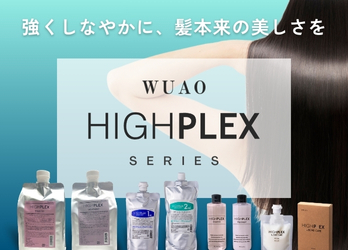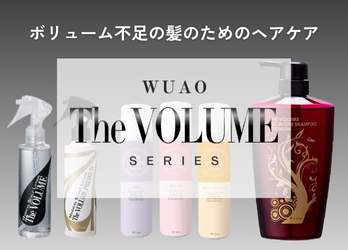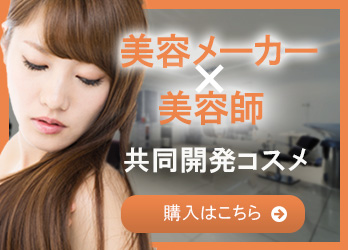先週に引き続き海外出張のお話
香港での商談の後は台湾へ移動です。
台湾ではPIF制度と呼ばれる化粧品に関する法律が2024年7月1日から一部の分類が施行され、さらにこれから2025年、2026年と分類ごとに段階的に施行されます。
今回の台湾出張では商談の度に必ずこの話題が上がりました。
製品情報ファイル(Product Information File )と呼ばれるこの制度は、化粧品を販売する際に製造者や輸入業者による品質、安全性、機能に関する詳細な16項目の情報をまとめたファイルの作成が必須となります。当社のお得意先のように海外から輸入して販売している輸入業者にとってはハードルの高い制度です。海外の製造メーカーの方針によっては機密保持の観点から情報を開示しないメーカーもありますし、ファイルに記載する内容には成分や配合比、製造工程や製造工場の品質基準の証明書や安全性に関する検査証明書等の内容を中国語か英語で作成する必要があり、時間も労力もかかります。さらに申請には1品あたり日本円で数十万円の費用がかかるため取り扱い品目の多い輸入企業には大きな負担となります。
この制度が導入されることになった背景には台湾衛生福利部食品薬物管理署(TFDA)➾日本の厚生労働省にあたる機関が台湾で流通する化粧品の品質を向上させることで国民の安全を保障することが目的とされています。
過去に台湾で成分不明のボディソープやシャンプーを違法に大量生産した企業が摘発され、その製品が大手のスーパー等にも流通して大問題になったそうです。
この7月に最初に施行された化粧品の分類は特定用途化粧品という分類で当社が輸出している医薬部外品のアルカリカラーもこの分類に含まれます。そして来年2025年の7月からは、乳幼児用、唇用、目元用、非薬用歯磨き粉、マウスウォッシュを含む一般化粧品が対象となり、さらに2年後の2026年7月からは一般化粧品が対象となります。
当社もすでに7月から施行された特定用途化粧品に該当するアルカリカラーのPIFを国内のメーカーさんにご協力をいただき作成いただきましたが、当社が輸出している商品のほとんどはは2年後に対象となる一般化粧品が多くこれから商品を製造してただいている各メーカーさんへ1社ずつ協力を仰いでいます。
台湾の化粧品市場はこれから大きく変革を迎えようとしています。我々も市場を注視しながら柔軟に対応していきたいと思います。
今回はこの辺で。
——————————————————————————————————————
In business in Taiwan
• 2024.09.20
Continuing from last week, a story about an overseas business trip
After the business meeting in Hong Kong, I moved to Taiwan.
In Taiwan, a law on cosmetics called the PIF system has been in effect for some classifications since July 1, 2024, and will be enforced in stages for each classification in the years 2025 and 2026.
During this business trip to Taiwan, this topic always came up at every business meeting.
This system, known as the Product Information File (PIF), requires manufacturers and importers to create a file with detailed 16-item information on quality, safety, and functionality when selling cosmetic products. This system is a hurdle for importers who import and sell products from overseas, such as our clients. Depending on the policy of the overseas manufacturer, some manufacturers may not disclose information from the standpoint of confidentiality, and the contents to be included in the file, such as ingredients, composition ratios, certificates of quality standards for manufacturing processes and manufacturing plants, and inspection certificates regarding safety, must be prepared in Chinese or English, which is time-consuming and labor-intensive. In addition, the application process costs several hundred thousand Japanese yen per product, which is a significant burden for importers with a large number of products to handle.
The reason for the introduction of this system is that the Food and Drug Administration (TFDA), the equivalent of Japan’s Ministry of Health, Labor and Welfare, aims to guarantee the safety of Taiwanese citizens by improving the quality of cosmetic products distributed in Taiwan.
In the past, a Taiwanese company was caught illegally mass-producing body soap and shampoo with unknown ingredients, and the products were distributed to major supermarkets, etc., causing a big problem.
The first classification of cosmetics that came into effect this July is called “specific-purpose cosmetics,” and the quasi-drug alkali color products that we export are included in this category. Then next July 2025, general cosmetics including infant, lip, eye, non-medicated toothpaste, and mouthwash will be included in this category, and two years later in July 2026, general cosmetics will be included in this category.
We have already asked domestic manufacturers to cooperate with us in preparing PIFs for alkali color products that fall under the category of cosmetics for specified purposes, which came into effect in July. We are asking each manufacturer to cooperate with us one by one.
The Taiwanese cosmetics market is about to undergo a major transformation. We will keep a close eye on the market and respond flexibly.
This time around.




